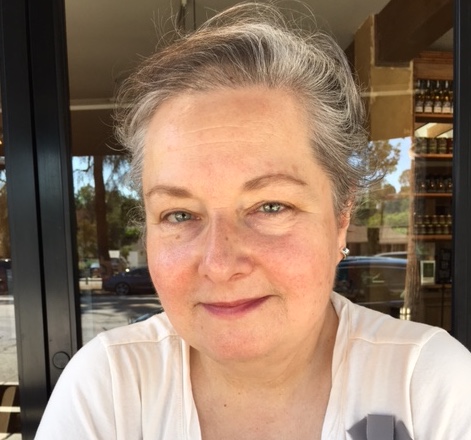Teaching tolerance is tricky: civics reimagined
Abstract
American democracy is sick with partisan hatred and political extremism. Amidst cancel culture and conspiracy theorizing Democrats and Republicans no longer inhabit a shared reality grounded in modern science. Start right here: if in four years of college students do not learn to talk across lines of difference, or figure out how the scientific sausage is made, where else would they pick up these civic skills?
I offer a gaming platform and library of games as a focal point for the study of hate. Students play games and view their game play data. They see diversity and disagreement in action, first from a frog’s perspective, then with a bird’s eye view. The effect is to create a peculiar kind of tolerance: it takes all sorts to make a world, including the intolerant sort.
My game play pedagogy is based on a systems-theoretical approach to civic education. Moral absolutism (can’t we make moral judgments?) battles moral relativism (can’t we all just get along!) in the dialectical and hierarchical unfolding of a coincidence of opposites. My civic education concept carries over to science education. Students learn to respect settled science even as they learn to doubt that any science is ever settled.
Field
Political Science and Public Policy
Team
Susanne Lohmann

Susanne Lohmann
Susanne Lohmann is Professor of Political Science and Public Policy and Director of the Jacob Marschak Interdisciplinary Colloquium on Mathematics in the Behavioral Sciences at the University of California, Los Angeles.

